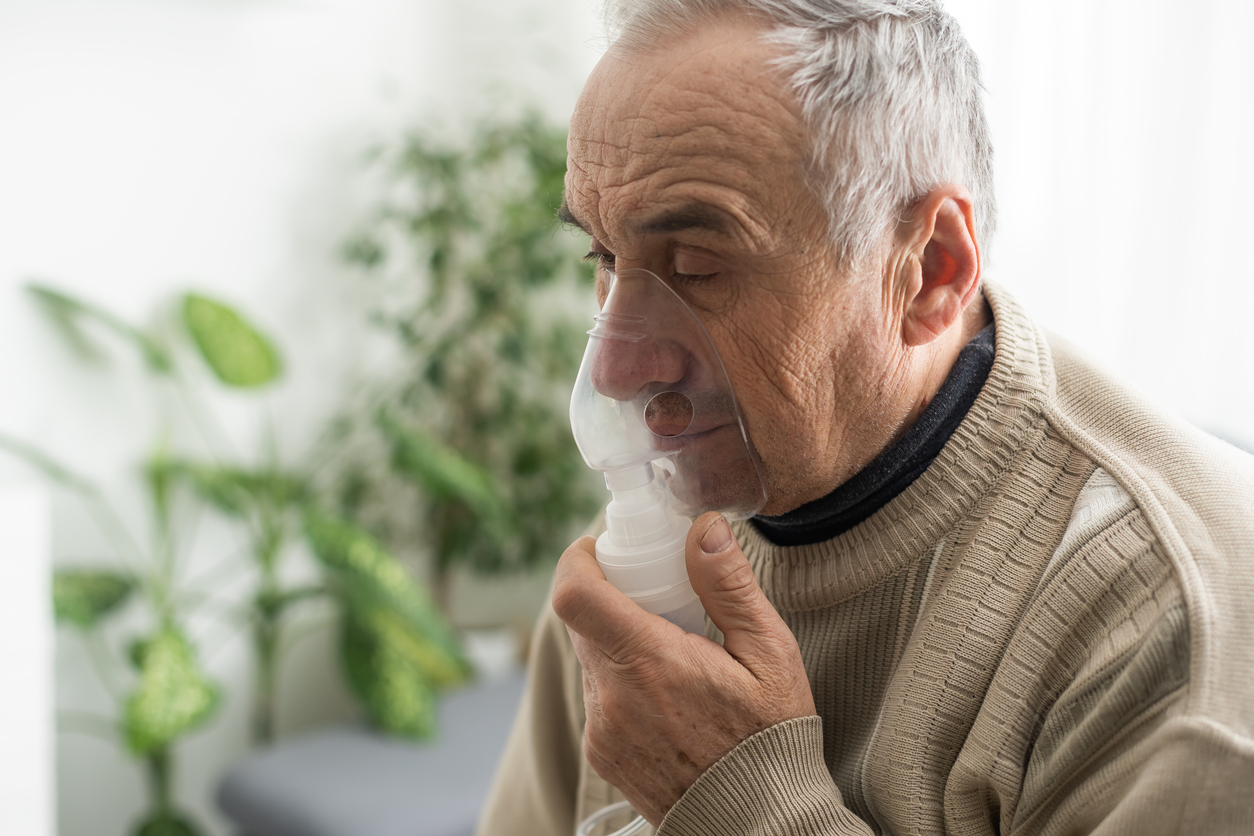Chronic Obstructive Pulmonary Disease (COPD) is a progressive lung condition that makes it difficult to breathe. It affects millions of people worldwide and is especially common among older adults. While there’s no cure, COPD can be managed with proper treatment, lifestyle changes, and support.
What Is COPD?
COPD is an umbrella term for two main conditions: chronic bronchitis and emphysema. Chronic bronchitis involves long-term inflammation of the airways, leading to a persistent cough and mucus production. Emphysema damages the air sacs in the lungs, reducing the surface area for oxygen exchange.
Over time, COPD limits airflow in and out of the lungs, making everyday activities like walking, cooking, or climbing stairs challenging.
Common Symptoms
-
Shortness of breath, especially during activity
-
Chronic cough
-
Frequent respiratory infections
-
Fatigue
-
Wheezing or tightness in the chest
-
Mucus production (often worse in the morning)
If these symptoms persist, it’s important to talk to a healthcare provider.
Causes and Risk Factors
The leading cause of COPD is smoking—but it’s not the only one. Other risk factors include:
-
Long-term exposure to air pollution, fumes, or dust
-
Secondhand smoke
-
A rare genetic condition called Alpha-1 Antitrypsin Deficiency
-
A history of frequent childhood respiratory infections
Diagnosis and Treatment
Doctors diagnose COPD with a combination of lung function tests (spirometry), imaging, and medical history.
While there is no cure, treatment can improve quality of life:
-
Medications: Bronchodilators, inhaled steroids, and antibiotics when infections occur
-
Pulmonary rehabilitation: Exercise and education programs to strengthen lungs
-
Oxygen therapy: For those with low blood oxygen levels
-
Surgery: In severe cases, lung volume reduction or transplants may be options
-
Lifestyle changes: The most important is quitting smoking
Living Well with COPD
Managing COPD means taking proactive steps every day:
-
Avoid smoking and smoke exposure
-
Get vaccinated against flu and pneumonia
-
Stay active with doctor-approved exercise
-
Eat a balanced diet to maintain energy
-
Use a humidifier to ease breathing
-
Track symptoms and communicate with your care team
Support Is Key
Living with COPD can feel overwhelming, but you’re not alone. Support groups, family, caregivers, and home health services can make a big difference. Don’t hesitate to ask for help—managing COPD is a team effort.
Take a Breath—and Take Control
Early diagnosis and consistent management can help people with COPD lead fulfilling lives. If you or a loved one is experiencing symptoms, seek medical advice. With the right tools and support, living with COPD becomes more manageable every day.
If you or someone you know is interested in care management or home healthcare services in South Florida, FirstLantic can help. We are locally owned and operated, providing our patients with the highest quality in-home care services in Fort Lauderdale (Broward County), as well as in-home care services in Delray Beach (Palm Beach County), North Miami (Miami-Dade) and Jupiter (Treasure Coast) since 2000. Click here to contact us.
 AVAILABLE 24 HOURS A DAY/7 DAYS A WEEK
AVAILABLE 24 HOURS A DAY/7 DAYS A WEEK Careers
Careers



